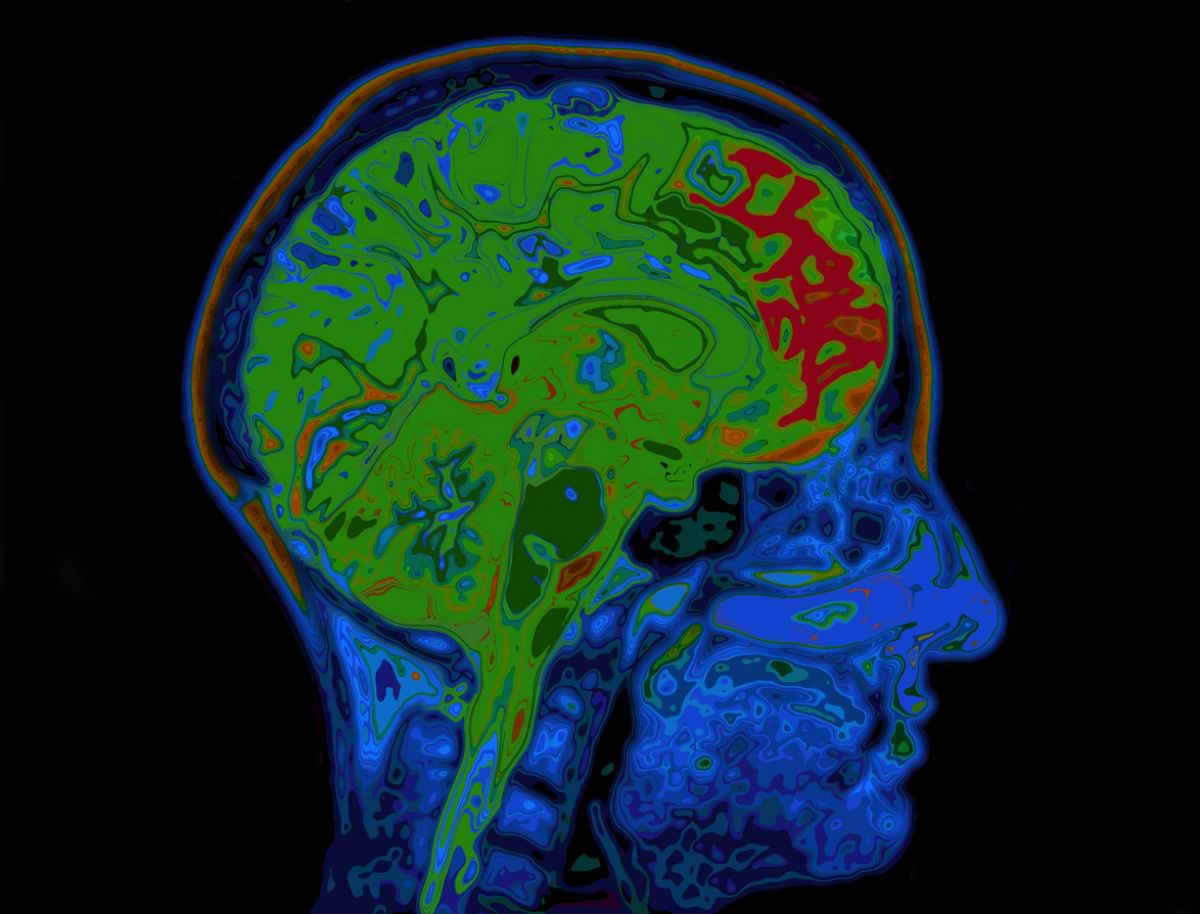Advancements in modern medicine and technology have enabled us to better understand the functioning of the brain.

Injury to the Parietal Lobe
Trauma to the parietal lobe often occurs when an individual suffers a car accident, slip or fall accident, or sustains injury to the area due to firearms. Diagnosis, treatment, and recovery depend on the symptoms that follow post injury. The effects of a parietal lobe injury often include problems with cognition and perception such as:
- difficulty reading and understanding written material
- recognition
- awareness of one’s body and limb functions
- reduced or loss of multitasking ability
- reduced mathematical ability
- difficulty differentiating between right and left
- problems with positioning and space
Diagnosing Parietal Lobe Injuries
Any suspected injury to the parietal lobe requires immediate medical attention and treatment. For an accurate diagnosis, the accident victim has to undergo a number of tests including MRI and CT scans, x-rays, and other specialized tests. These tests are conducted by a team of neuropsychologists, with expertise in psychiatry, neurology, and orthopaedics. The tests are conducted in order to understand the extent of damage caused and the areas of competence that have been compromised from the injury.
Treatment and Rehabilitation
The treatment for parietal lobe injury includes physical therapy to restore motor functioning abilities like balance, strength, movement, and coordination. A speech therapist will assess the extent of damage caused to skills like comprehension, expression, and communication.
Patients with parietal lobe injuries often undergo prolonged rehabilitation depending on the extent of injuries and damage sustained. Each injury is unique and so are the damages and symptoms. A treatment and rehabilitation plan for a parietal lobe injury should be drafted according to the needs of the patient and at a pace that maximizes recovery. (Learn more – Neuropsychiatric Disorders After a Brain Injury)
Preventing Parietal Lobe Injuries
Parietal lobe injuries are often caused due by vehicle accidents, slips and falls, and firearms. In order to prevent these injuries, one should exercise caution and take measures to prevent a head injury. Steps include:
- Wearing seat belts or using safety seats for children at all times while in a moving vehicle.
- Wearing helmets while riding bikes, cycles, sleding, or while on snowmobiles.
- Wearing protective gear during contact sports.
- Eliminating tripping hazards by using non-slip mats in the shower, installing railings on staircases, and ensuring proper lighting.
Chicago Traumatic Brain Injury Lawyer
Have you or someone close to you sustained a parietal lobe injury? Speak with a Chicago traumatic brain injury lawyer to understand your legal options. Call Willens & Baez at (312) 957-4166.











